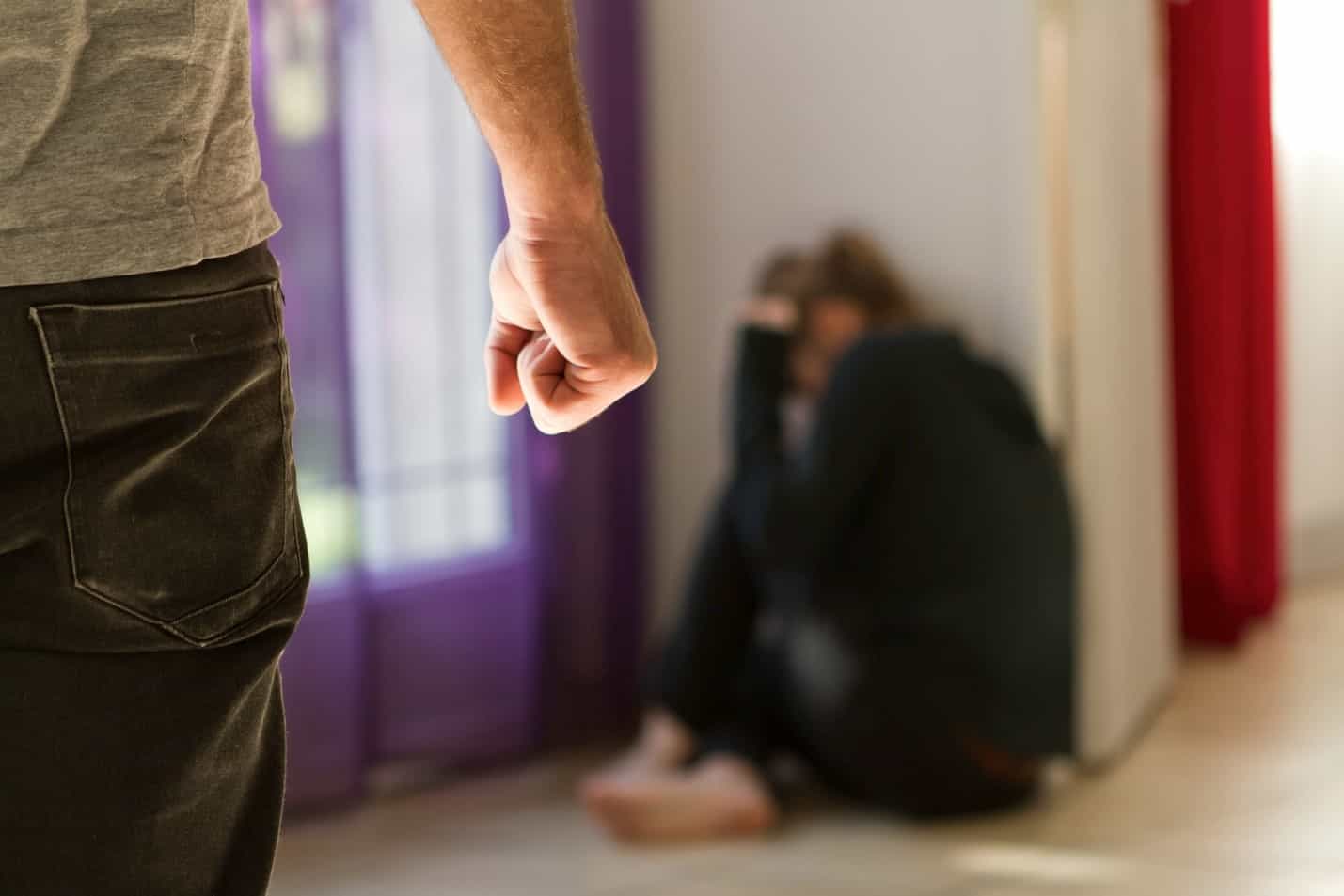Colorado Drug Diversion Programs: Avoiding Conviction Through Treatment
December 1, 2025

Posted by: Jacob E. Martinez
Category: Domestic Violence | Restraining Orders
A restraining order – also called a protective order – is an order issued by a judge that tells one person to stay away from and not to communicate with, threaten, or hurt another person. Protective orders are usually used in domestic violence cases to protect victims and family members.
Whether you’re an individual seeking a protective order against someone else or another person is seeking a protective order against you, it’s important to understand the conditions of a protective order so you’ll know what to expect.
A protective order can be used to send a strong message to an abuser that the abuse must stop. In the event that the abuse continues, there will be consequences to face. It also informs law enforcement that a victim is serious about stopping all abuse and keeping the offender away.
There are 3 types of protective orders:
Not everyone can run out and get a protective order. A person has to have some kind of relationship with their alleged buser in order to get a protective order against them. If a person wants to take out a protective order they have to be:

Besides simply keeping the alleged abuser away from the victim, a protective order can also include a number of other conditions, such as:
If a Colorado court issues a mandatory protection order in a domestic violence case, the alleged abuser will not be able to possess a firearm or other weapon and they may not be allowed to use alcohol or other drugs. These type of protection orders last until the defendant is acquitted of all charges or until they are convicted or completes their sentence.
If you are involved in a protection order case – whether you want a restraining order against someone else or someone else wants a restraining order against you – contact a respected Denver criminal defense attorney who has experience with protective orders to make sure your rights are protected.
About the Author:
Denver-based criminal defense and DUI attorney Jacob E. Martinez is a knowledgeable and experienced litigator with a record of success providing innovative solutions to clients facing criminal charges of any severity. Mr. Martinez has been designated a Top 100 Trial Lawyer by the National Trial Lawyers and has been awarded both the Avvo Client’s Choice Award and Avvo Top Attorney designation, evidencing his reputation for his exemplary criminal and DUI defense work and high moral standards.
Jury Trial - Not Guilty
Jury Trial - Not Guilty
Arapahoe 1st Degree Assault/Vehicular Assault
Jury Trial - Not Guilty
Denver Domestic Violence Assault Case
Jury Trial - Not Guilty
Denver D.V. Assault
Jury Trial - Not Guilty
Denver Careless Driving Resulting in Death
Jury Trial - Not Guilty
Jefferson County Felony Menacing
Jury Trial - Not Guilty
Adams County DUI
Jury Trial - Not Guilty
Jefferson County DUI
Jury Trial - Not Guilty
Jefferson County DUI
Jury Trial - Not Guilty
Jefferson Vehicular Assault/DUI
Jury Trial - Not Guilty
Jefferson County DUI
Jury Trial - Not Guilty
Boulder County DUI case
Jury Trial - Not Guilty
Arapahoe County DUI case
Jury Trial - Not Guilty
Adams County DUI case
Jury Trial - Not Guilty
Douglas County DUI case
Jury Trial - Not Guilty
Gilpin County DUI case
Dismissed
Broomfield County Probation Revocation case
Dismissal
Arapahoe County DUI case
Deferred Judgment
Arapahoe County DUI case
Deferred Judgment
Douglas County DUI case
Deferred Judgment
Larimer County DUI case
Deferred Judgment
Arapahoe County DUI Case
Deferred Judgment
Denver Felony Burglary Case
Deferred Judgment
Arapahoe County DUI case
Dismissed
Arapahoe County Protection Order Case
Dismissed
Golden Destruction of Property case
Dismissed
Jefferson County Protection Order case
Dismissed
Jefferson County Domestic Violence case
Dismissed and Sealed
Jefferson County DUI case
Dismissed
Denver Major Traffic Offense case
Dismissed and Sealed
Broomfield County Domestic Violence case
Dismissed
Summit County DUI Revocation
Dismissed
Denver DUI Revocation
Dismissed
Denver DUI Revocation
Dismissed
Denver DUI +.2 Involving Accident and Injury case
Dismissed
Denver DUI/Habitual Traffic Offender case
DISMISSAL
Denver District Aggravated Theft
Dismissed
Greenwood Village Assault case
Dismissal
Elbert County DUI
Dismissed
Arapahoe County Domestic Violence case
Dismissal
Jefferson County DUI
Dismissal
Denver Municipal Assault
Dismissed
Boulder County Domestic Violence Assault case
Dismissed
Wheat Ridge Assault case
Dismissed
Jefferson County DUI case, with 2+ Prior Convictions
Dismissed
Arapahoe County Domestic Violence case
Dismissed
Broomfield County Domestic Violence case
Dismissed with No Charges Filed
Jefferson County Felony Theft case
Dismissed
Arapahoe County Felony Theft case
Dismissed
Boulder County Felony Theft case
